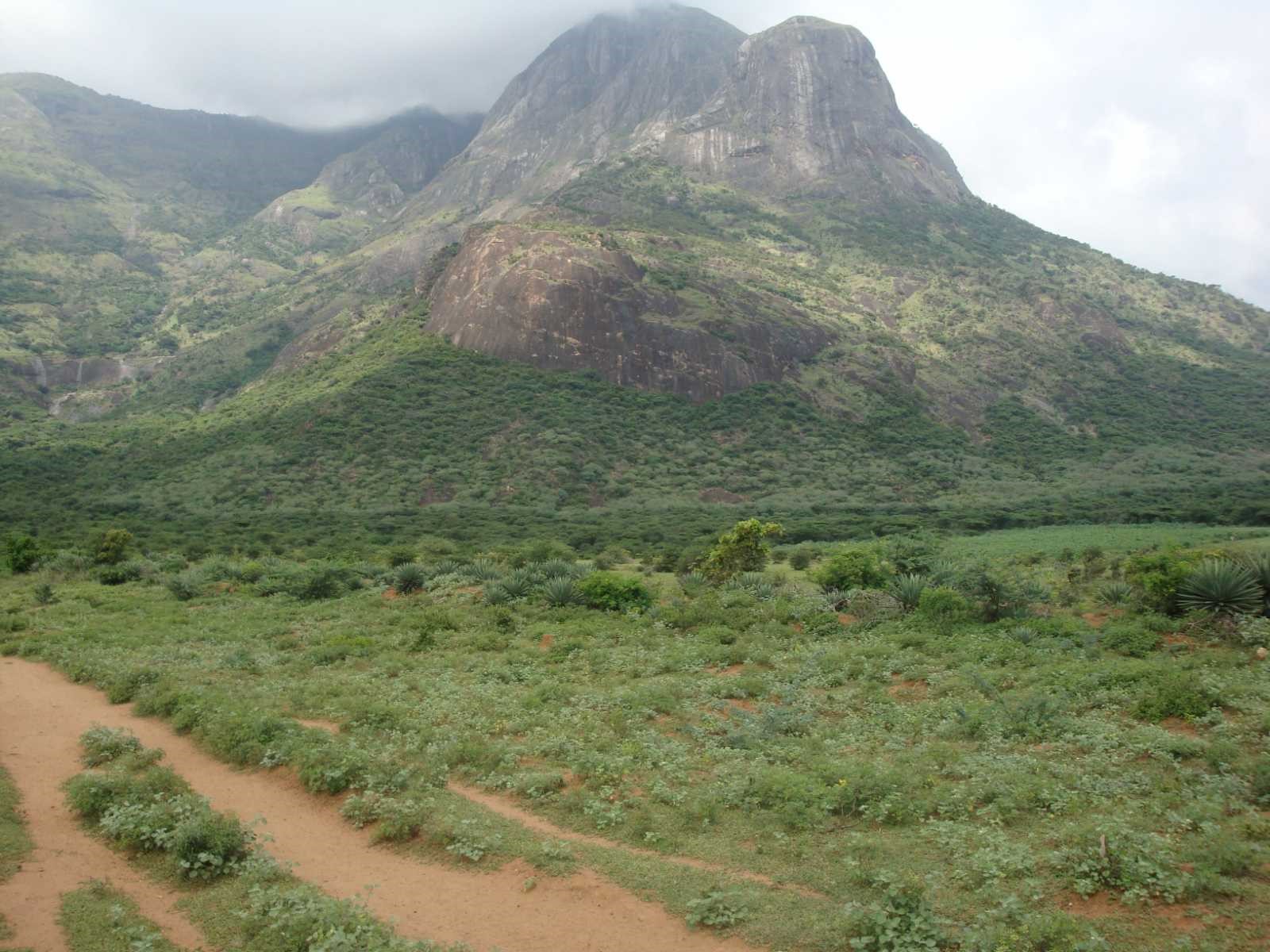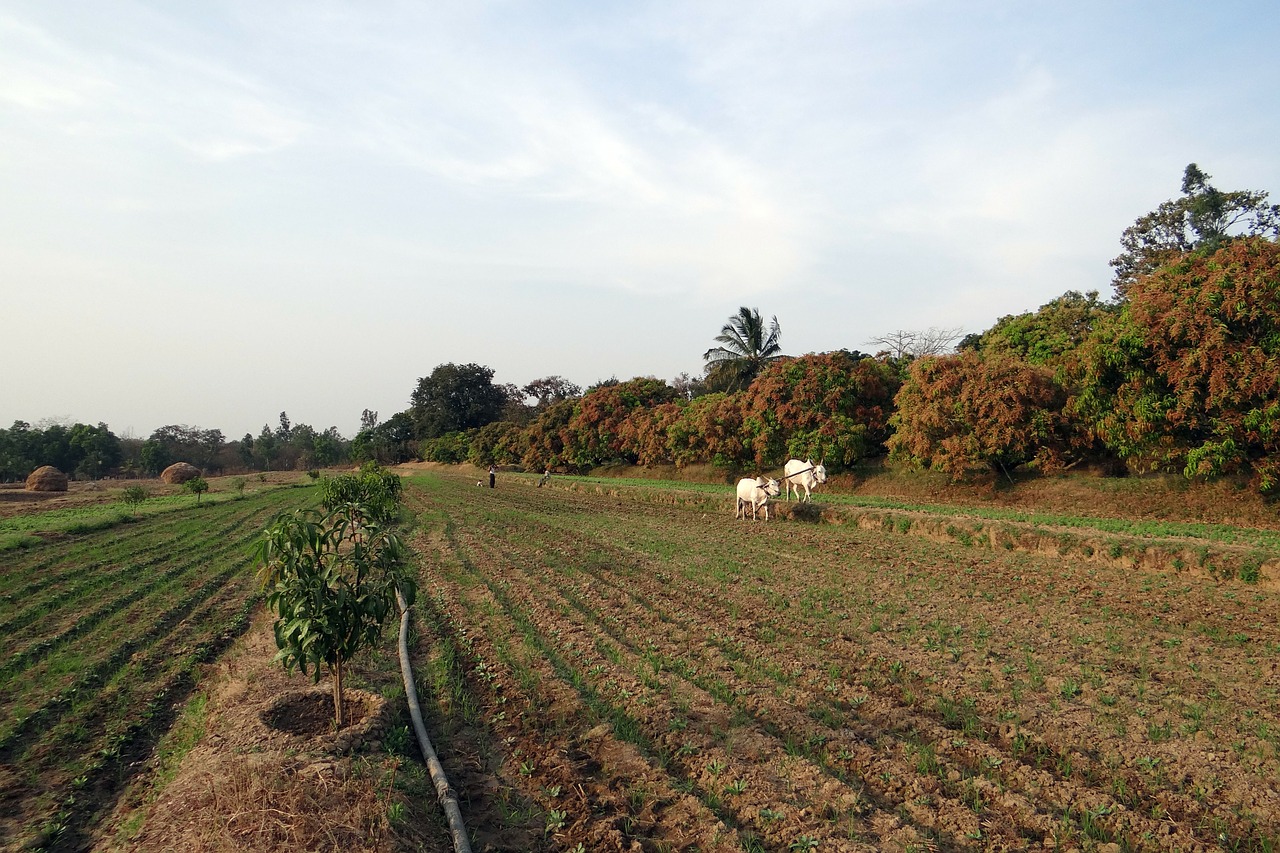Southeast Asia’s healthcare systems are facing a dramatic shortage of funding recently. Total public and private healthcare spending accounted for only 3.9% of Southeast Asia’s GDP in 2012—which is less than any other region globally. While the average American and European drop thousands of dollars on healthcare each year, per capita spending in most Southeast Asian nations average less than $250 annually.
As healthcare systems across Asia modernize, health tech firms are competing to capture new opportunities. Although their business models and target markets vary, many have one thing in common: they’re setting up their home in Singapore, one of Southeast Asia’s most dynamic healthcare innovation hubs.
Singapore has been a focal point for so many tech companies to provide its operations in the Asia Pacific. This city has attracted much attention in the last few decades due to its diverse workforce, linguistic diversity, smart city initiatives, and start-up friendly ecosystem.
There are many regions why most of the startups and companies are trying to have a base in Singapore
- Singapore’s efficient operating environment and reliable legal framework.
- One of the world’s most business-friendly countries.
- Ease of setting up
- Rich human resource
- A great place to conduct original R&D
- Singapore also hosts top-notch universities in the world and had connected well with the industry providing great career growth for the professionals.
Geographical location
Singapore has a great advantage of being in proximity to Asia’s fast-growing markets such as Vietnam, Indonesia & the Philippines. Most of these nations have great human resources and skilled workers. Improving middle-class consumers and enormously underdeveloped healthcare systems with a significant amount of disease problems make it more advantageous.
Further, nations like Myanmar and Cambodia are in proximity to Singapore which possesses great opportunities for healthcare tech innovators focusing on developing nations.
Startup hub
Singapore has also been a central part of the emerging Asian market, where many global leading medical device, biotechnology, and pharmaceutical service companies have their HQ offices. This has resulted in the enrichment of healthcare professionals which provide a rich supply of ideas, strategic partnership opportunities and most importantly funding for healthcare businesses.
Healthcare startups developing Virtual clinics and Pharmacies, Mobile applications for public health NGOs and many more innovative applications on their way for enhancing the healthcare and lifestyle quality in Asia with the advent of the startup-friendly city of Singapore.
Singapore offers a great platform for the regional expansion for promising healthcare startups who have a great potential to achieve global impact.
This article was originally written by Mahantesh Biradar for BiotechinAsia.
If you liked this article, then please subscribe to our YouTube Channel for the latest Science & Tech news. You can also find us on Twitter & Facebook.



